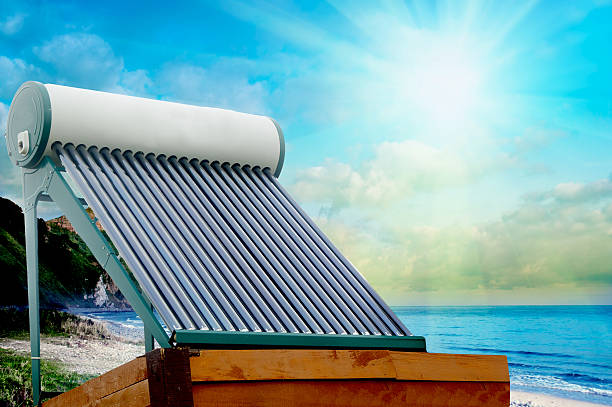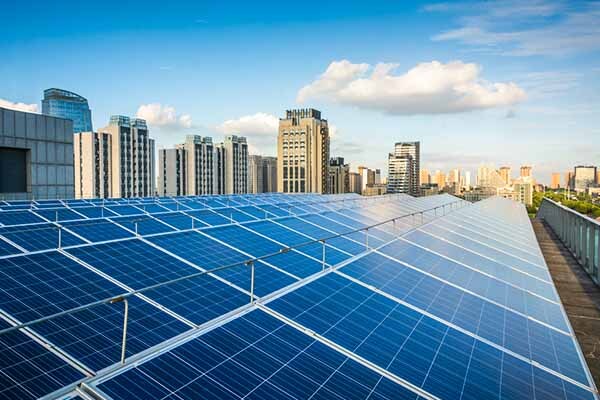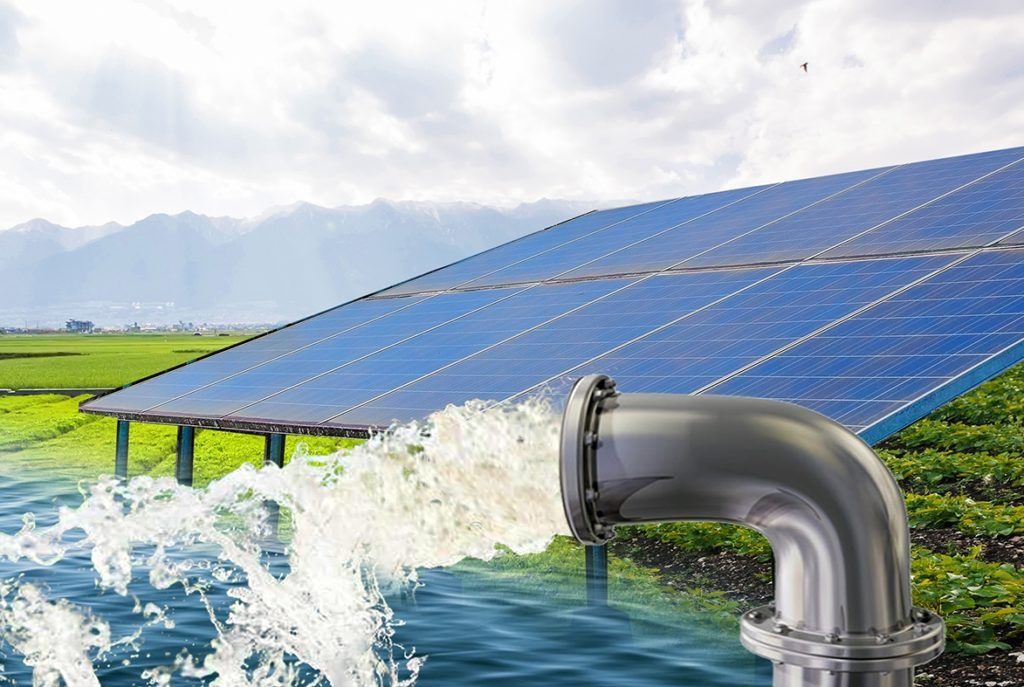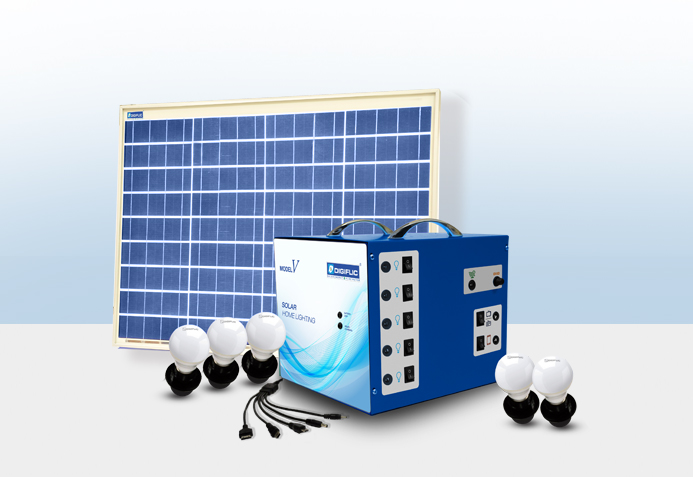Sunspeed Solar Opportunities
India is a country that is well-endowed with natural resources such as wind, solar, and hydro energy. Among these, solar energy has been identified as one of the most promising sources of clean and renewable energy. The country has a vast potential to harness solar energy and has already started making strides in this direction.
The Indian Government has set ambitious targets to increase the solar power capacity to 500 GW by 2030. In this article, we will explore solar business opportunities in India and how entrepreneurs can capitalize on this growing market.
1) Introduction
India has one of the fastest-growing economies in the world, and as the population grows, so does the demand for energy. However, India is also one of the most polluted countries in the world, and the need for clean and renewable energy is becoming more critical than ever.
Solar energy has the potential to play a significant role in meeting the country’s energy needs while also reducing its carbon footprint. As a result, there has been a surge in solar business opportunities in India.







